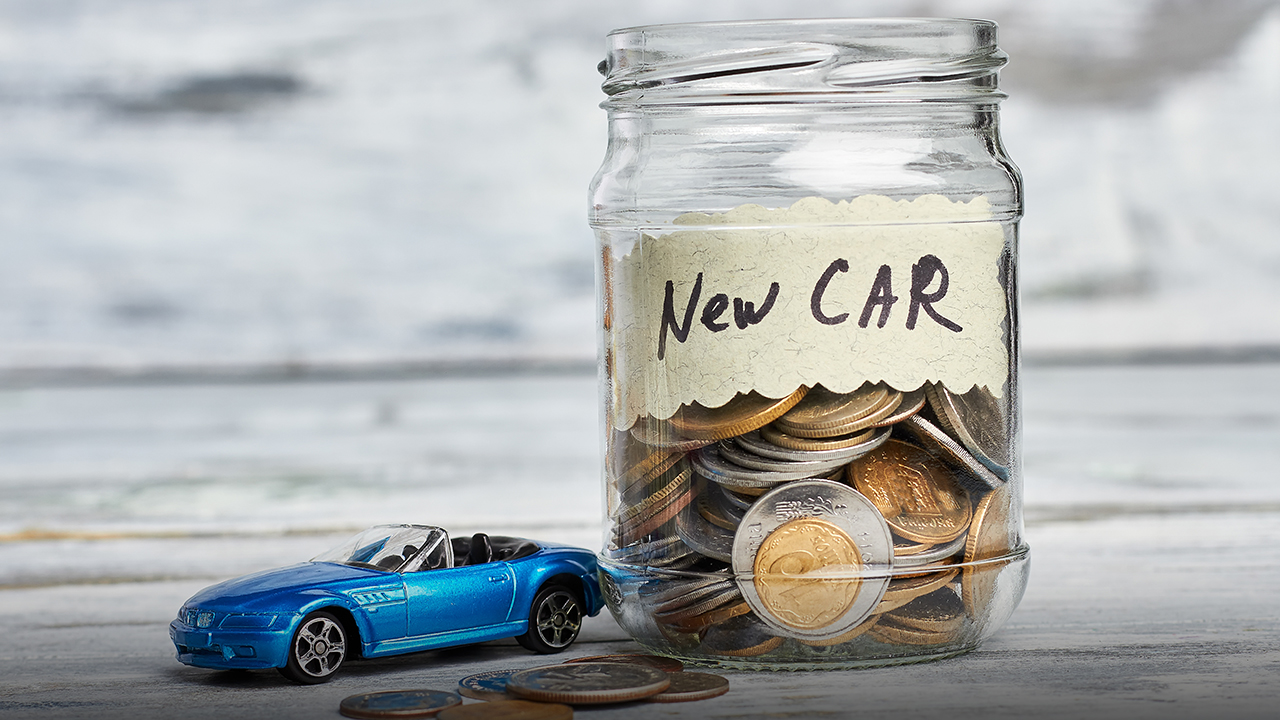Long-Term Savings Strategies for Cars

Cars are indispensable in modern life, but they also come with significant costs. Whether buying a new car or maintaining an existing one, the financial burden can be heavy. However, with the right strategies, you can reduce these costs. Long-term savings on cars aren’t just about short-term savings, they can be achieved through smart, long-term planning. Here are some strategies to help you save in the long run:
1. Choose the Right Vehicle
The first step is selecting the right vehicle. When buying a car, consider not only the brand and model but also fuel efficiency, maintenance costs, and durability. These factors can make a huge difference in the long run.
- Tips:
- Opt for vehicles with high fuel efficiency. Electric and hybrid models can be good options for fuel savings.
- Choose durable and reliable cars to reduce long-term maintenance and repair costs.
- Selecting a vehicle that fits your needs (such as a smaller sedan over a larger SUV) can be more economical.
2. Regular Maintenance and Periodic Checks
Regular maintenance keeps your car running longer and reduces the need for expensive repairs. Early identification of issues can prevent costly repairs later on.
- Tips:
- Follow the manufacturer’s recommended maintenance schedule.
- Regularly check critical components like oil, tire pressure, and brakes.
- Changing filters, motor fluids, and other parts on time ensures your car operates efficiently.
3. Fuel-Saving Driving Habits
Your driving habits directly impact your car’s fuel consumption. Avoiding sudden accelerations and maintaining a smooth driving style can significantly improve fuel economy.
- Tips:
- Drive gently with smooth acceleration and braking.
- Stick to speed limits, as driving at high speeds increases fuel consumption.
- Avoid carrying unnecessary weight (like extra items) in your car, as it increases fuel consumption.
4. Check Tires and Tire Pressure
Tires play a crucial role in your car’s fuel efficiency and road performance. Worn-out or improperly inflated tires can increase fuel consumption and reduce vehicle performance.
- Tips:
- Regularly check your tire pressure and adjust it to the manufacturer’s recommendations.
- Rotate tires regularly to ensure even wear.
- Replace tires when necessary to maintain safe and efficient vehicle operation.
5. Insurance and Tax Strategies
Car insurance premiums are an annual cost that many people tend to keep the same over time. However, comparing insurance policies regularly can help you find better deals.
- Tips:
- Review your insurance policy regularly and compare offers from different insurers.
- Opt for vehicles with safety features that may reduce insurance premiums.
- Pay attention to your vehicle’s engine size and plan for tax savings based on its specifications.
6. Invest in Electric Vehicles
Electric vehicles (EVs) can offer significant long-term savings, thanks to their lower maintenance costs, fuel savings, and potential government incentives.
- Tips:
- Consider EVs for their lower maintenance and energy efficiency benefits.
- Take advantage of government incentives and tax credits available for electric vehicles.
7. Upkeep and Renewal
Keeping an older vehicle running can be more cost-effective than purchasing a new one. Renewing parts periodically can extend the life of your vehicle and provide long-term savings.
- Tips:
- Perform regular maintenance and early replacement of worn-out parts to avoid expensive repairs.
- By increasing the resale value of your car through proper maintenance, you can get more when selling it.
Conclusion:
Long-term savings for cars are not just about cutting costs in the short term; they’re about improving your vehicle’s efficiency and extending its life. By making informed choices like selecting a fuel-efficient vehicle, keeping up with maintenance, adopting fuel-saving driving habits, and optimizing insurance and taxes, you can significantly reduce your car-related expenses in the long run.
Remember, small but effective actions can lead to substantial savings over the years. These strategies will make your car ownership more efficient and economical while reducing your environmental impact.










